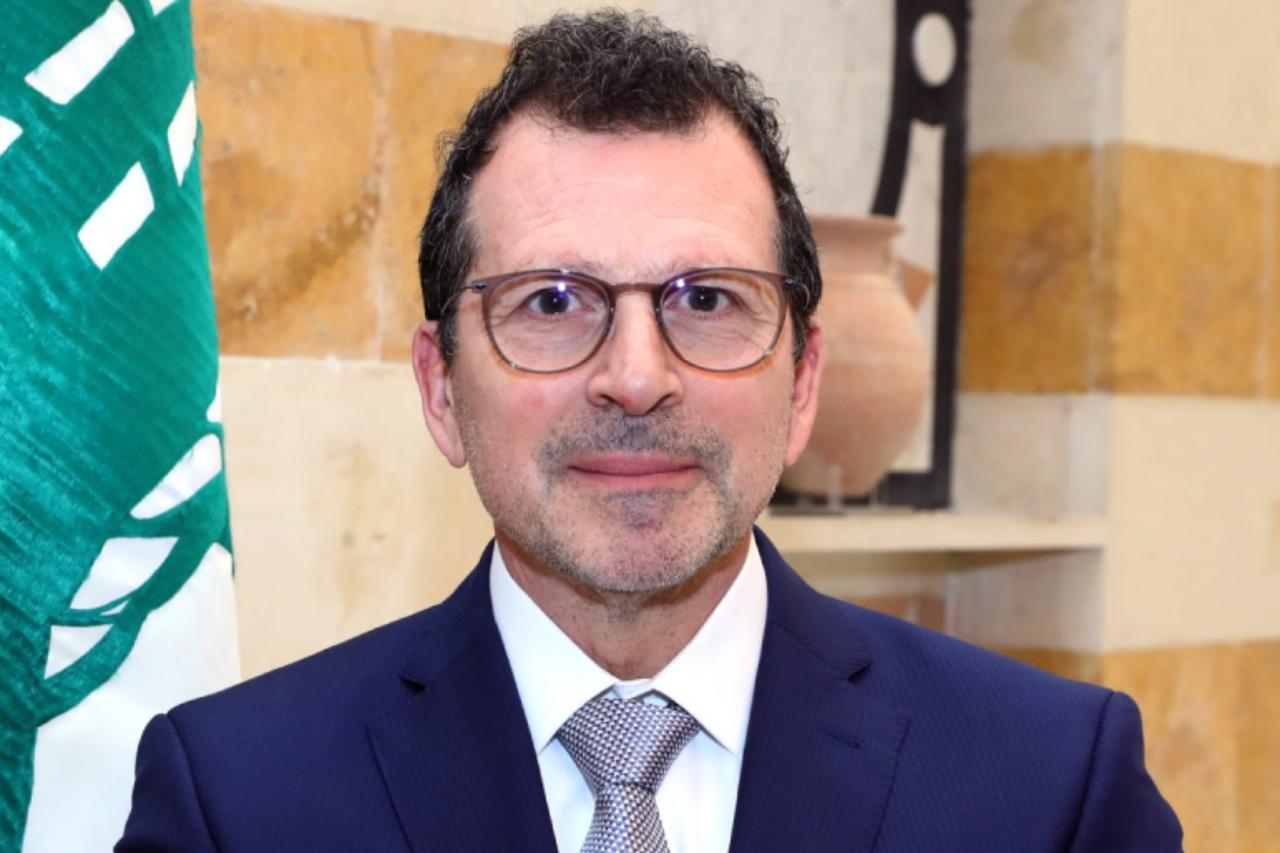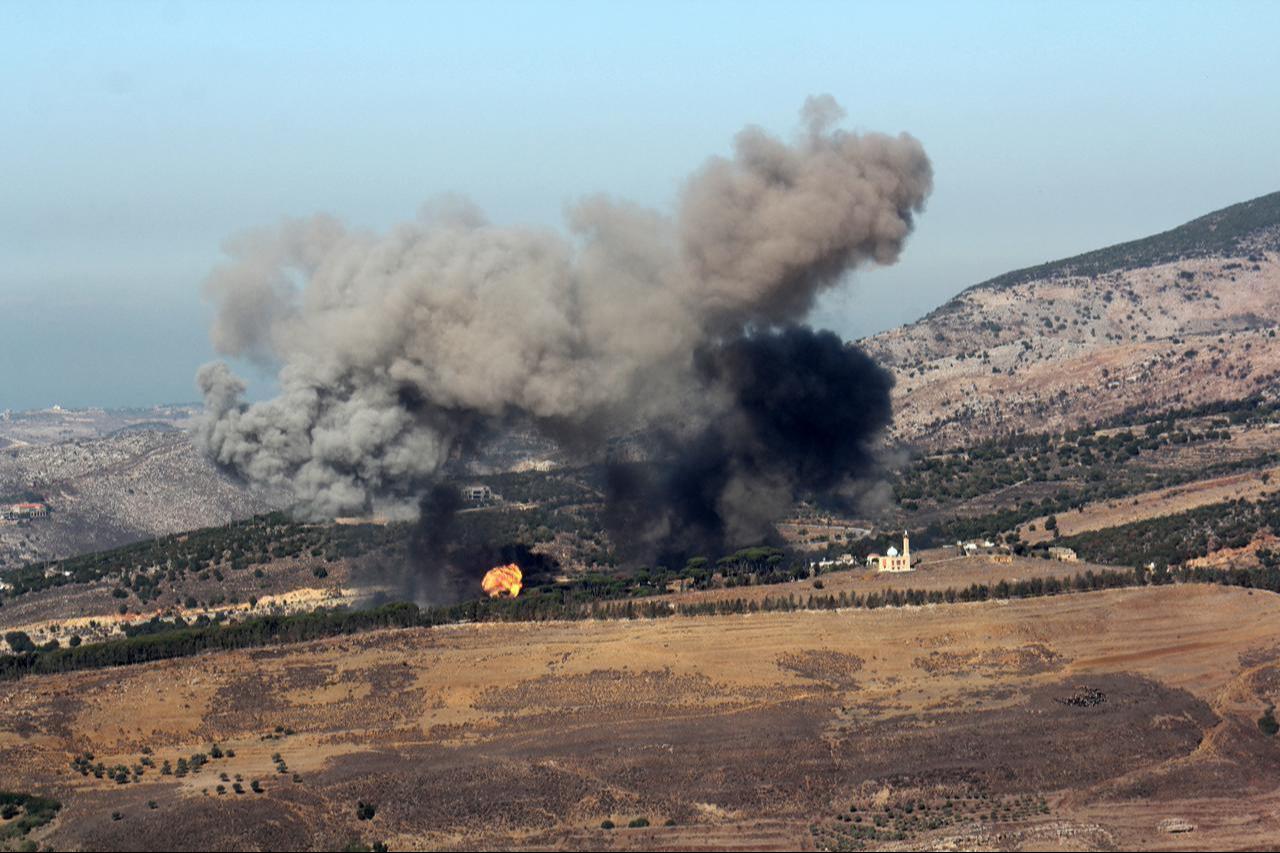
Lebanese Minister of the Displaced Kamal Shehadi affirmed that diplomacy is the most effective option following the military confrontation that caused significant destruction in the country, referring to the conflict with Israel.
In an interview with Al Arabiya, he said that the diplomatic efforts remain the best path forward.
He also noted that the Lebanese army is carrying out its duties to ensure weapons remain under state authority and that there has been no negligence in implementing the cease-fire agreement.
Shehadi added that all parties are awaiting the army’s second report on weapons control, stressing that the state is operating under abnormal circumstances.
Regarding the border file, he said the army does not yet have full control over border areas and that the process is still in its early stages.
Shehadi's remarks came after Lebanese President Joseph Aoun affirmed that negotiations are the only available option.
During meetings at the presidential palace, Aoun stated, “When war leads to no result, negotiations become a necessity. The end of every war in the world has been negotiation—and it is not conducted with a friend, but with an enemy.”

On the other side, Israeli Defense Minister Yoav Katz renewed his warnings to Lebanon, accusing authorities of stalling and stressing the need to disarm Hezbollah and push the group away from the south.
He also said the Israeli army would expand its operations in Lebanon if necessary.
U.S. envoy Tom Prack urged Lebanese authorities to enter negotiations with Israel to reach a comprehensive solution to the crisis, hinting at the possibility of achieving a peace agreement.
For its part, the Lebanese presidency affirmed its readiness to negotiate but accused Israel of obstructing the process through near-daily airstrikes.
The ceasefire agreement between Hezbollah and Israel, which came into effect on Nov. 27, 2024, under U.S. and French sponsorship, stipulates Hezbollah’s withdrawal from south of the Litani River and the exclusive authority of the state over weapons.
Despite this, Israel continues to carry out airstrikes in southern and eastern Lebanon, while the Lebanese army is pressing ahead with a plan to assert state control over weapons and expand its deployment in the south.